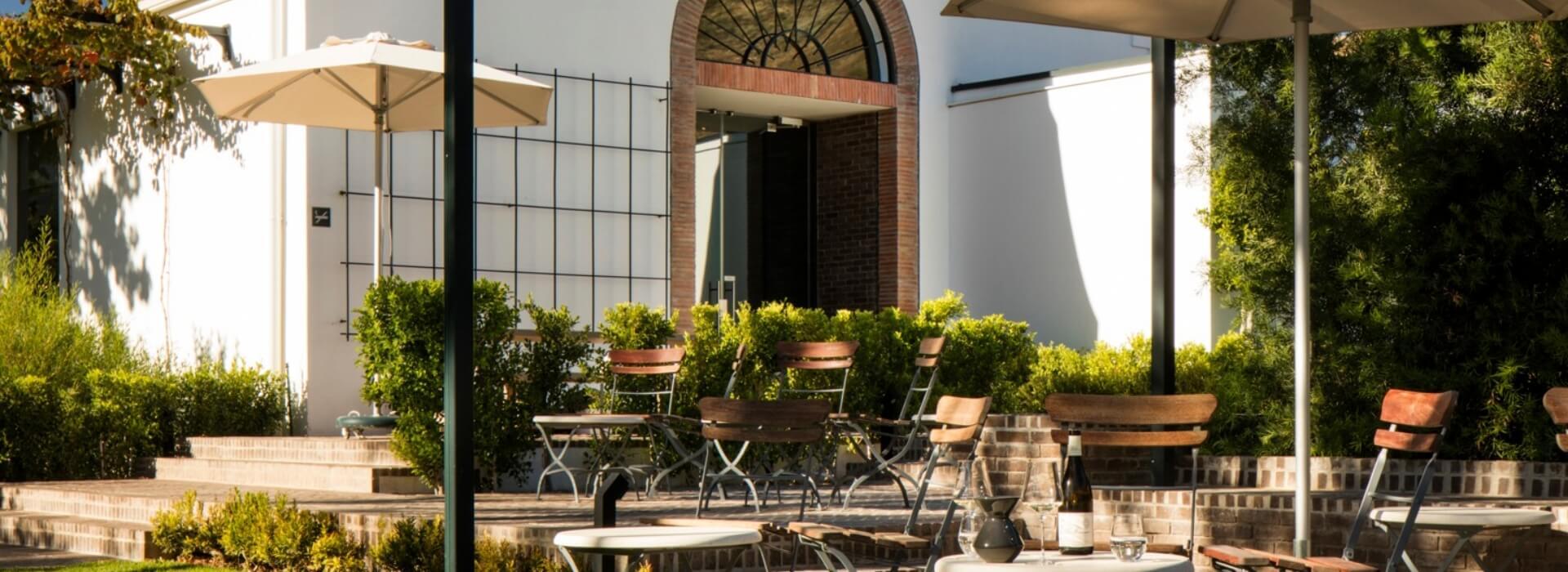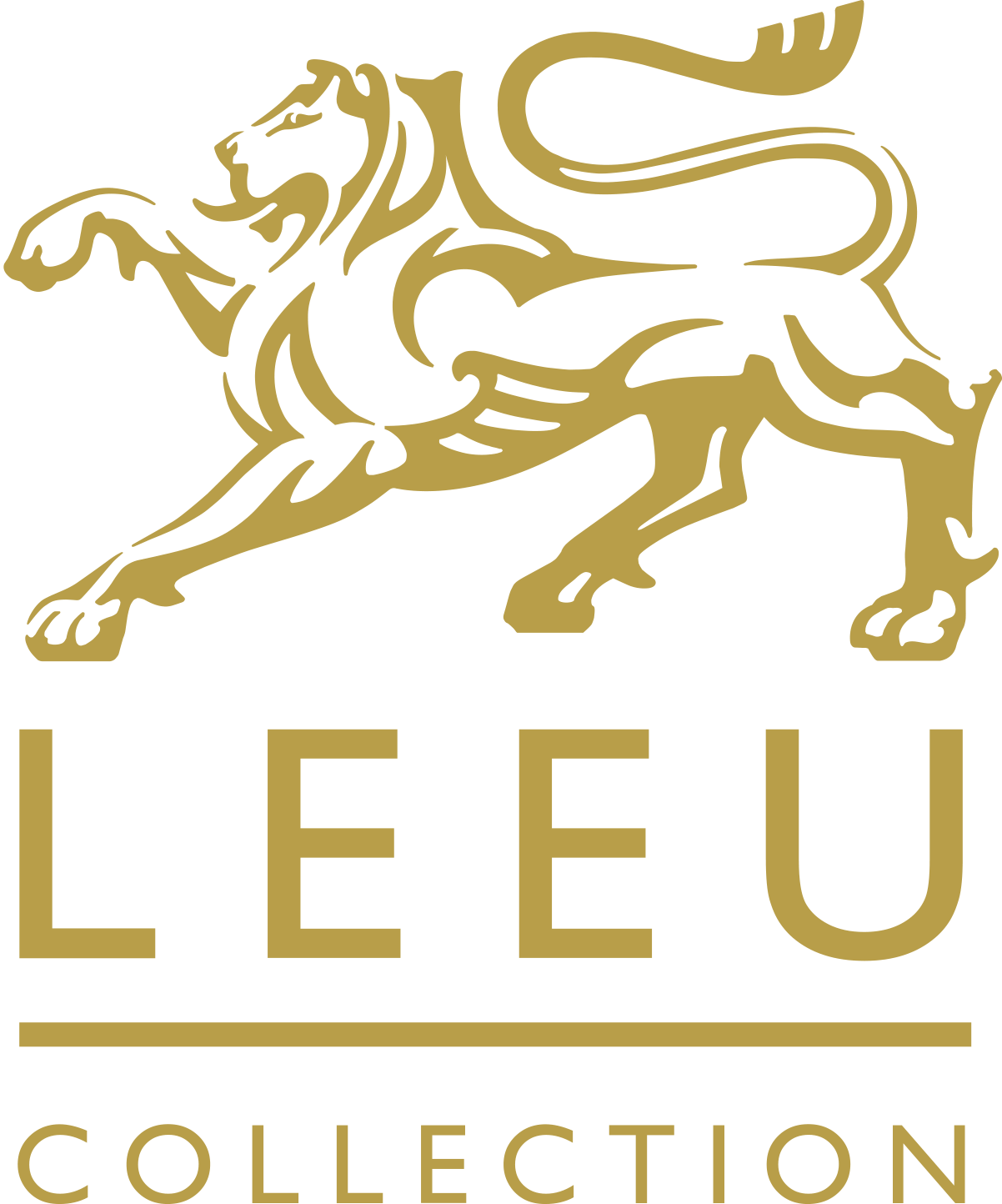
The Art of Wine Tasting
Wine tasting has a rich history that spans thousands of years. From the ancient Greeks who celebrated Dionysus, the god of wine, to the elaborate rituals of modern sommeliers, wine tasting has always been a part of human culture.
It is a beloved experience at all Leeu Collection properties, where we honour the time-old tradition with loving attention to every detail.
In keeping with our philosophy of working with best-in-class partners to offer truly unrivalled experiences, we are proud to collaborate with Chris and Andrea Mullineux to bring you tailored Mullineux, Leeu Passant, and Great Heart Wine tastings at The Wine Studio on Leeu Estates and the Great Heart Wine Boutique at Le Quartier Français.
Whether you are a novice or a seasoned connoisseur, understanding the subtleties of wine tasting can greatly enhance your appreciation and enjoyment of this ancient ritual.
Here is a guide to mastering the basics, brought to you by the esteemed Mullineux and Leeu Passant Head Winemaker, Andrea Mullineux…
Rinsing
When preparing to taste wine, it is essential to rinse the glass properly. Instead of using water, which can dilute the flavours and alter the tasting experience, rinse your glass with a small amount of wine. Swirling the wine around the glass before discarding it ensures that any residual odours or flavours are eliminated, allowing the true character of the wine to shine through.
Tasting Techniques
Many wine tasting techniques used today have fascinating origins. For instance, the practice of swirling wine to release its aromatic compounds - such as esters, lactones, thiols, and terpenes - dates back to early wine connoisseurs who understood the importance of aeration.
While the classic tongue map is more of a guideline than a strict rule, it helps to know that sweetness is generally detected at the tip, sourness on the sides, bitterness at the back, and saltiness on the front sides.
When tasting wine, let it roll over your tongue to experience the full range of flavours. This method helps to identify the wine's complexity and balance, making each sip more informed and enjoyable. Additionally, the concept of ‘chewing’ wine engages the taste buds fully, allowing you to capture all the intricate flavours.
The ‘Legs’ of the Wine
The ‘legs’ or ‘tears’ that form on the inside of a glass after swirling the wine can give an indication of its alcohol content and residual sugar (Rs). However, these observations should be taken with a grain of salt as they do not necessarily determine the quality of the wine. Higher alcohol content or sugar levels can result in more pronounced legs, but focus on the aroma, flavour, and overall balance of the wine for a more accurate assessment.
Type of Glass
The type of glass you use can significantly influence your wine tasting experience. At The Mullineux and Leeu Family Wines Wine Studio on Leeu Estates, tastings are presented in Gabriel Glass by Swiss glass blower René Gabriel (voted the world's best universal glass). Both machine-molded glasses, which are quite lightweight, and mouth-blown glasses (weighing around 90 grams) for higher-end tastings are used. This creates a very intimate experience for guests, allowing them to feel the movement of the wine as they go along. The angle of the glass tapers the aromatics upwards, providing enough room for the wine to swirl and breathe. Universal glasses are designed to enhance the aroma and flavour of red, white, sweet, and even sparkling wines too, making them a versatile option for any tasting session.
Room Temperature
Serving wine at the appropriate temperature is crucial for unlocking its full potential. Generally, red wines are best enjoyed slightly below room temperature, at around 15 - 18°C (60 - 65°F), while white wines are typically served cooler, between 7 - 10°C (45 - 50°F).
Sparkling wines and dessert wines benefit from even lower temperatures. Always remember that room temperature can vary, so adjusting accordingly ensures the best tasting experience.
Wine tasting is more than just a sensory experience; it’s a journey through history, culture, and tradition. Our curated tastings are presented by dedicated hosts who guide guests through the nuances of premium handcrafted wines, elevating their tasting skills and enjoying each glass to its fullest potential.
Contact our Guest Liaison Team to find out more and reserve your unforgettable wine tasting experience. Due to the limited availability, bookings are essential.

Wine Tasting At Leeu Estates

Wine Tasting At Leeu Estates

Great Heart Wine Boutique


